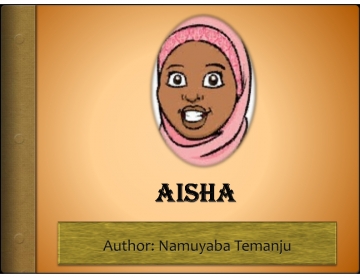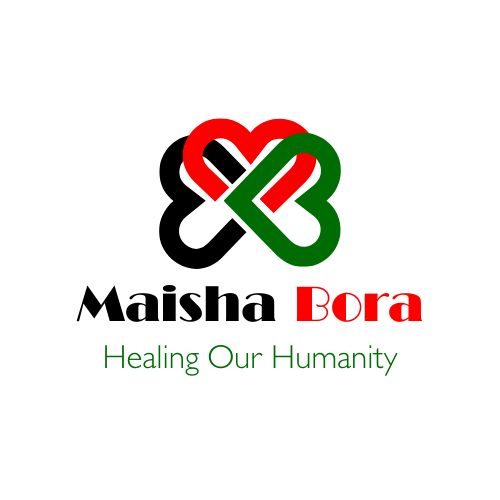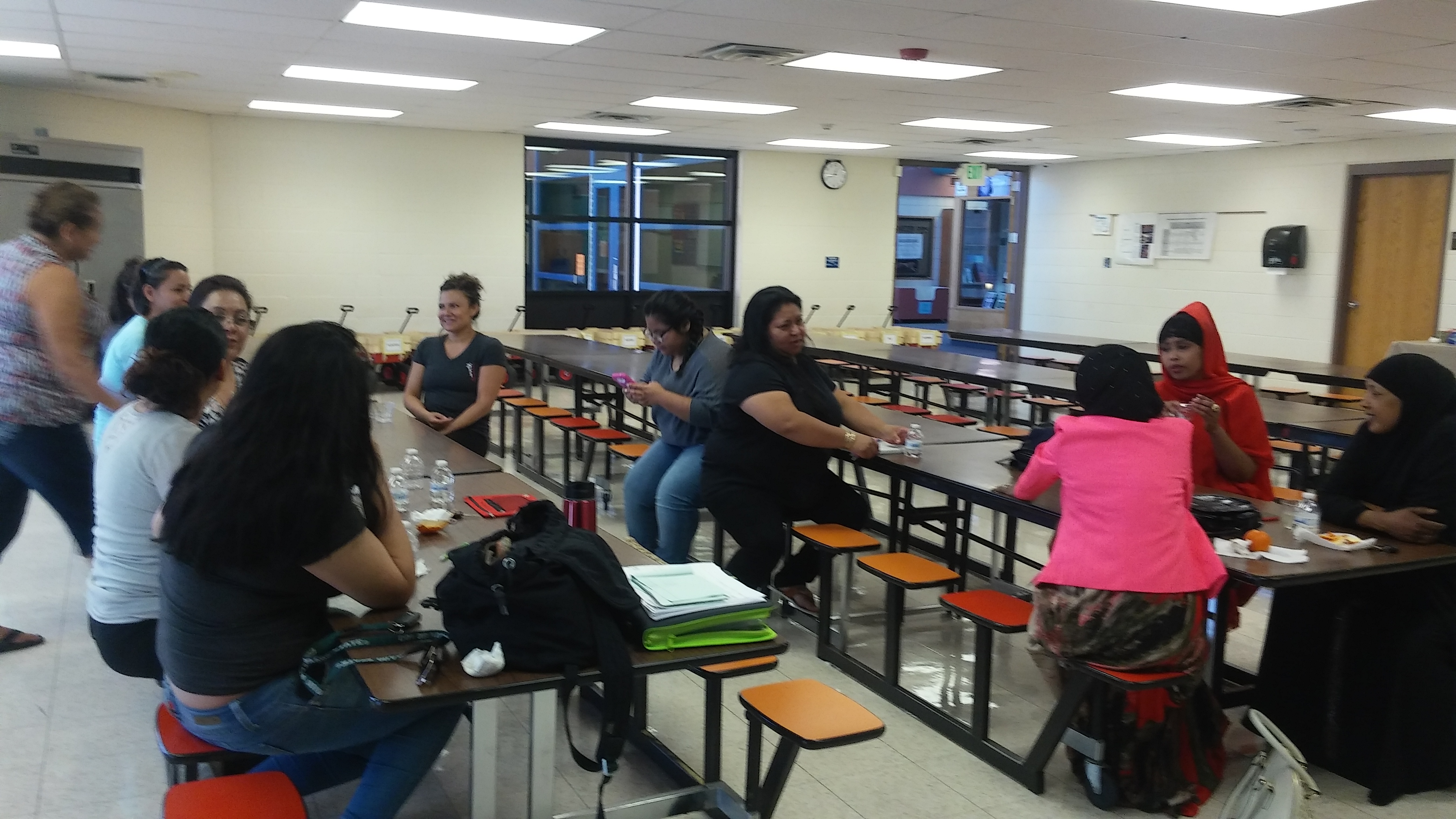
We specialize in training and consulting with organizations and institutions that operate within diverse cultural contexts or serve clients from a multitude of cultural backgrounds. In today's interconnected world, many organizations cater to individuals who have immigrated from regions with cultural orientations distinct from that of the United States. However, the resources and services provided may not always adequately address the unique values, knowledge systems, linguistic nuances, and other aspects of cultural diversity.
Failure to recognize or address these cultural factors can result in unintended negative outcomes, including inequities and exclusion among those being served. At our core, we understand the importance of cultural competence and sensitivity in fostering inclusive environments and ensuring that all individuals receive equitable access to services and resources.
Upon initial contact, we conduct a thorough needs assessment to understand the specific challenges and requirements of each organization. Based on this assessment, we develop tailored training programs designed to enhance intercultural communication and engagement skills. Additionally, we offer ongoing consultation services to support continuous growth and improvement, providing recommendations for further development as needed. Our goal is to empower organizations to navigate the complexities of cultural diversity effectively and create environments that promote equity, inclusion, and positive outcomes for all.
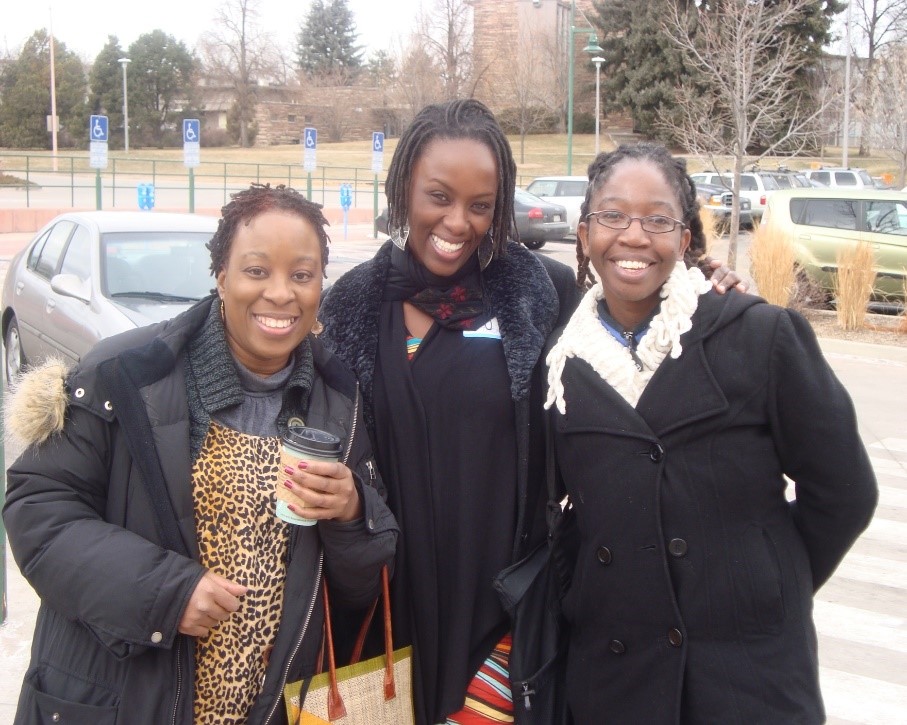
Equitable access to behavioral and medical health resources remains a challenge, especially for marginalized communities. Our advocacy work emphasizes culturally relevant approaches that acknowledge and respect diverse backgrounds, enhancing trust and engagement within communities for better health outcomes.
We address illiteracy as a critical barrier to health equity, advocating for literacy initiatives that empower individuals to navigate healthcare systems and make informed decisions about their well-being. Language access is equally vital, and we work to ensure accurate language interpretation services are readily available in healthcare settings with adequate time allowance, facilitating effective communication for all.
Our advocacy extends to confronting systemic issues like income disparity, education gaps, unemployment, inadequate housing, and environmental degradation. We prioritize social inclusion, aiming to dismantle barriers that marginalize certain groups. Central to our mission is universal access to quality healthcare, driven by a commitment to social justice and equity for all individuals, regardless of their background.
In summary, our advocacy strives to create a more just and inclusive society by addressing multiple challenges and promoting access to essential resources and opportunities for everyone.
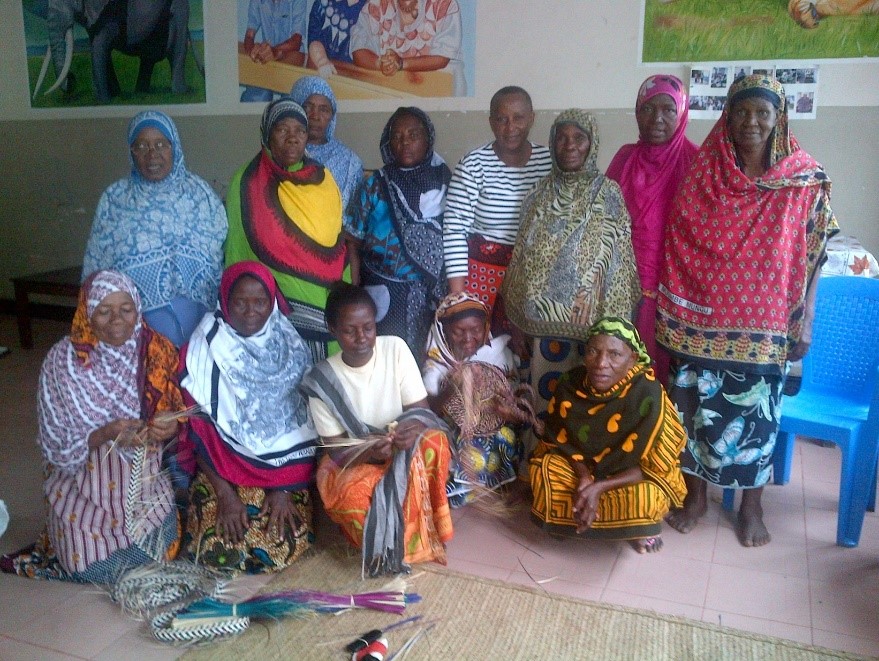
Welcome to the Maisha Cultural Research Initiative, where our commitment lies in understanding and addressing pressing societal issues through a culturally sensitive lens, particularly focusing on marginalized communities. We operate on a foundation of community based participatory research methodologies, allowing us to delve into a diverse range of topics that profoundly influence social dynamics.
In our research, we meticulously explore the intricate interplay of various social determinants of health, recognizing their pivotal role in shaping community well-being. These determinants encompass factors such as income and social protection, education, unemployment, working conditions, food security, housing, environmental conditions, early childhood development, social inclusion, non-discrimination, structural conflicts, and access to quality healthcare services at affordable rates.
By examining these multifaceted dimensions, we aim to unearth insights that inform evidence-based interventions and policies geared towards fostering holistic societal improvement. Join us in our endeavor to promote equity, cultural understanding, and positive change within our communities.
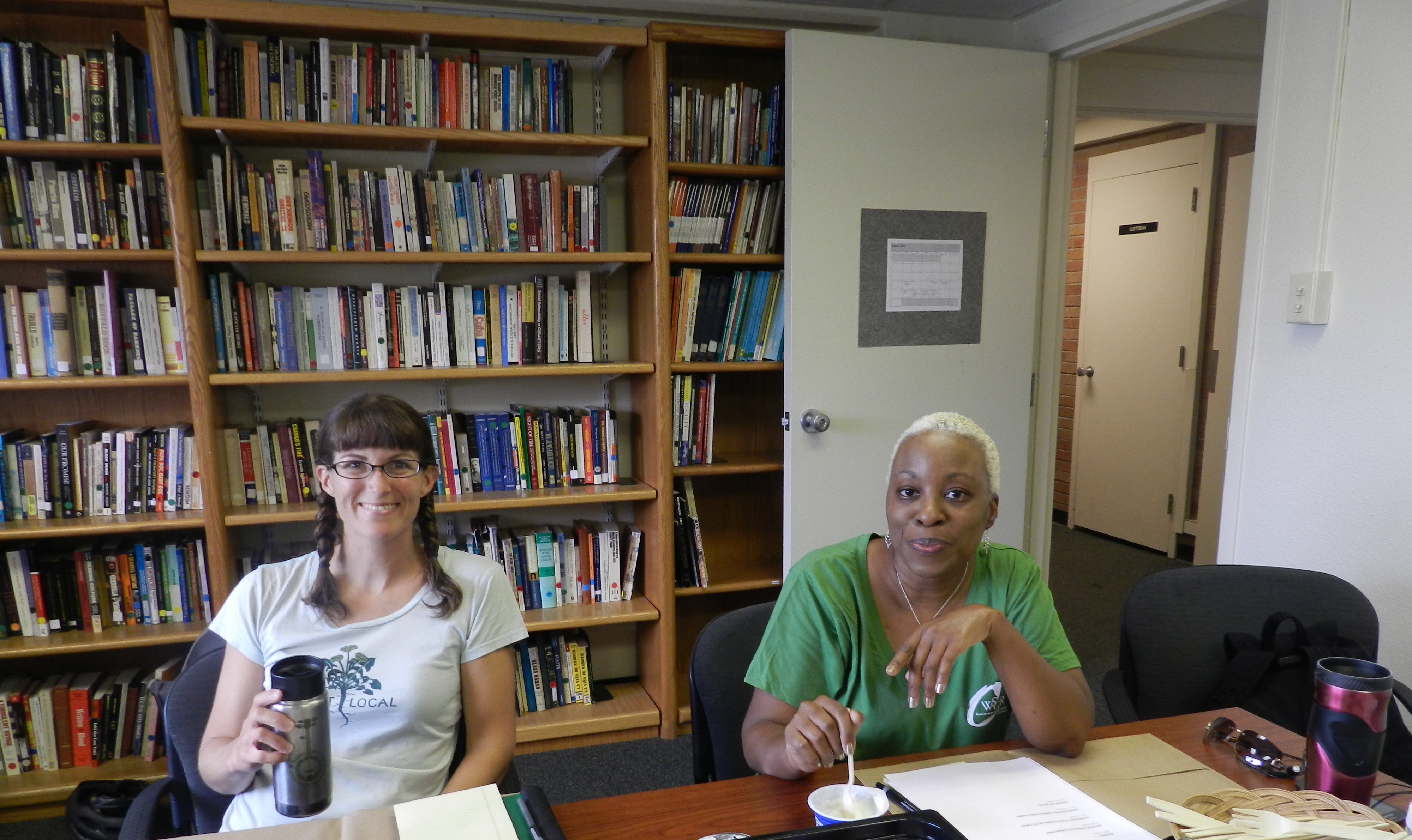
These confidential one-on-one sessions offer individuals a safe space to explore and articulate their issues and concerns, paving the way for grounded, open, and honest discussions. Our approach delves into the underlying complexities of individuals' experiences, fostering a deeper understanding of the multifaceted challenges they may be facing.
Covering a broad spectrum of health and wellness dimensions–including physical, emotional, social, spiritual, cultural, environmental, occupational, and beyond–these sessions address anything that holds significance for individuals and impacts their overall well-being. By providing a holistic framework, we empower individuals to address the interconnected aspects of their lives, leading to comprehensive and meaningful outcomes.

These informal chats offer a relaxed and non-threatening environment for adults and children to engage in intercultural and mental health discussions. Led by a facilitator, participants are encouraged to share their thoughts on chosen topics, fostering open dialogue and mutual understanding.
In addition to the main discussion, participants have the opportunity to raise other issues that may arise, which can be addressed either in future group sessions or through confidential one-on-one sessions. This flexible approach recognizes that formal settings can be intimidating and may not always be conducive to addressing all concerns. By providing a comfortable space, we aim to remove barriers that may prevent individuals from seeking or benefiting from available resources.
Whether held in person or virtually, each Maisha Chai Chat session lasts for an hour, though additional time can be allocated as needed. Our goal is to create a supportive setting where individuals can freely express themselves and receive the assistance and encouragement, they need to navigate life's challenges.
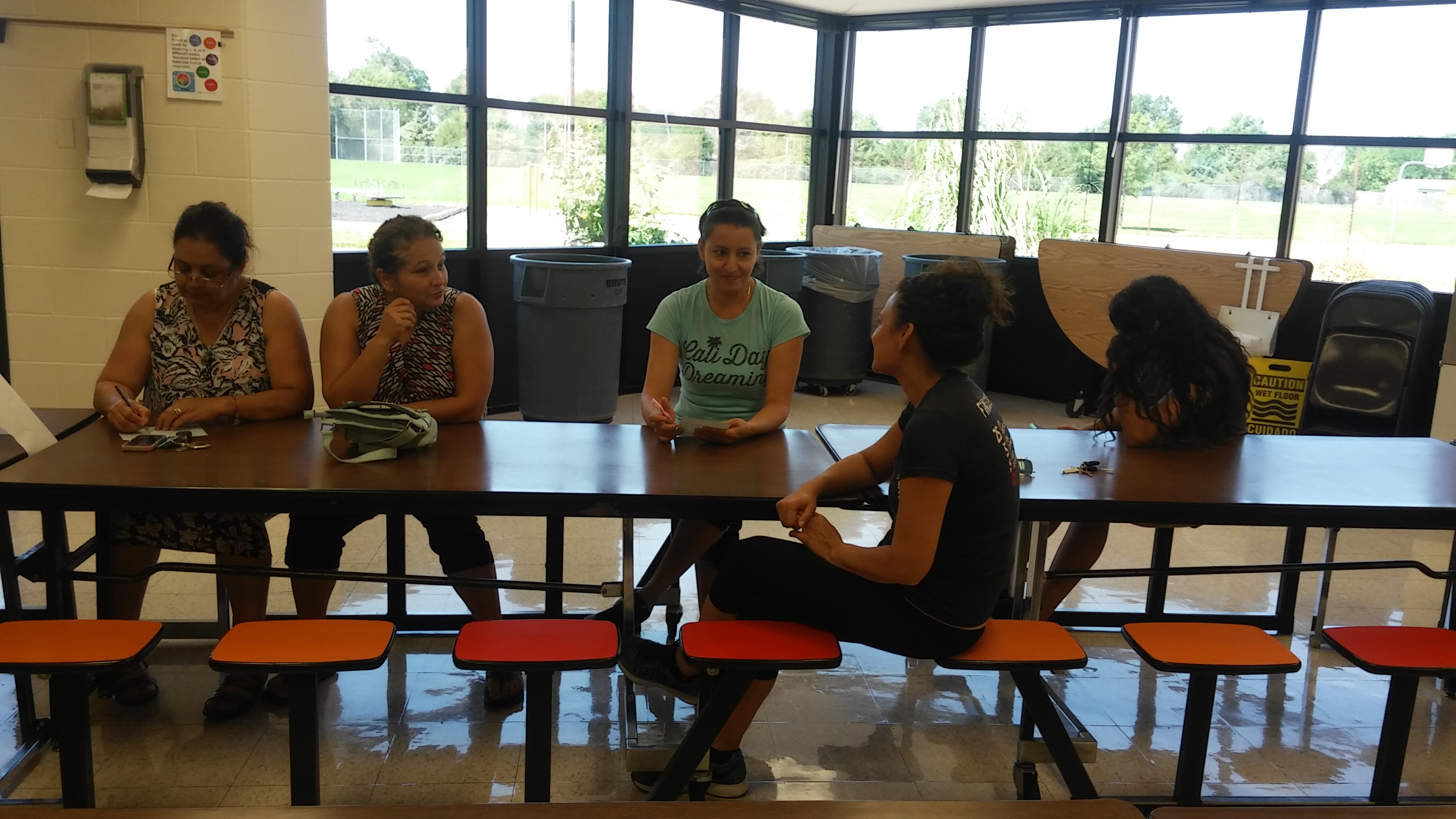
Young people who have mentors are more likely to succeed, and their success creates a ripple effect, bringing positive change and growth to their communities. Mentorship provides young people with guidance, support, and positive role models, helping them navigate challenges and make informed decisions. Equally important, parents can benefit from mentorship, gaining valuable insights and strategies to better support their children's growth and development. By connecting parents with experienced mentors, we empower families to strengthen their communication and foster healthier relationships.
Tailored to the specific needs of each family or group, our mentors offer an experiential opportunity for interactive activities, information sharing, and resource access. We design our sessions to be flexible, creative, and innovative, providing participants with the tools they need to enhance their lives and well-being.
For younger children, our dialogues begin with the book titled 'Aisha,' authored by Namuyaba Temanju. This book serves as a gentle introduction to discussing concerns and emotions, allowing children to engage at their own pace and comfort level.
Help us expand our mentoring programs to provide both young people and parents with the resources they need for success, creating a community of support that extends beyond the family.
